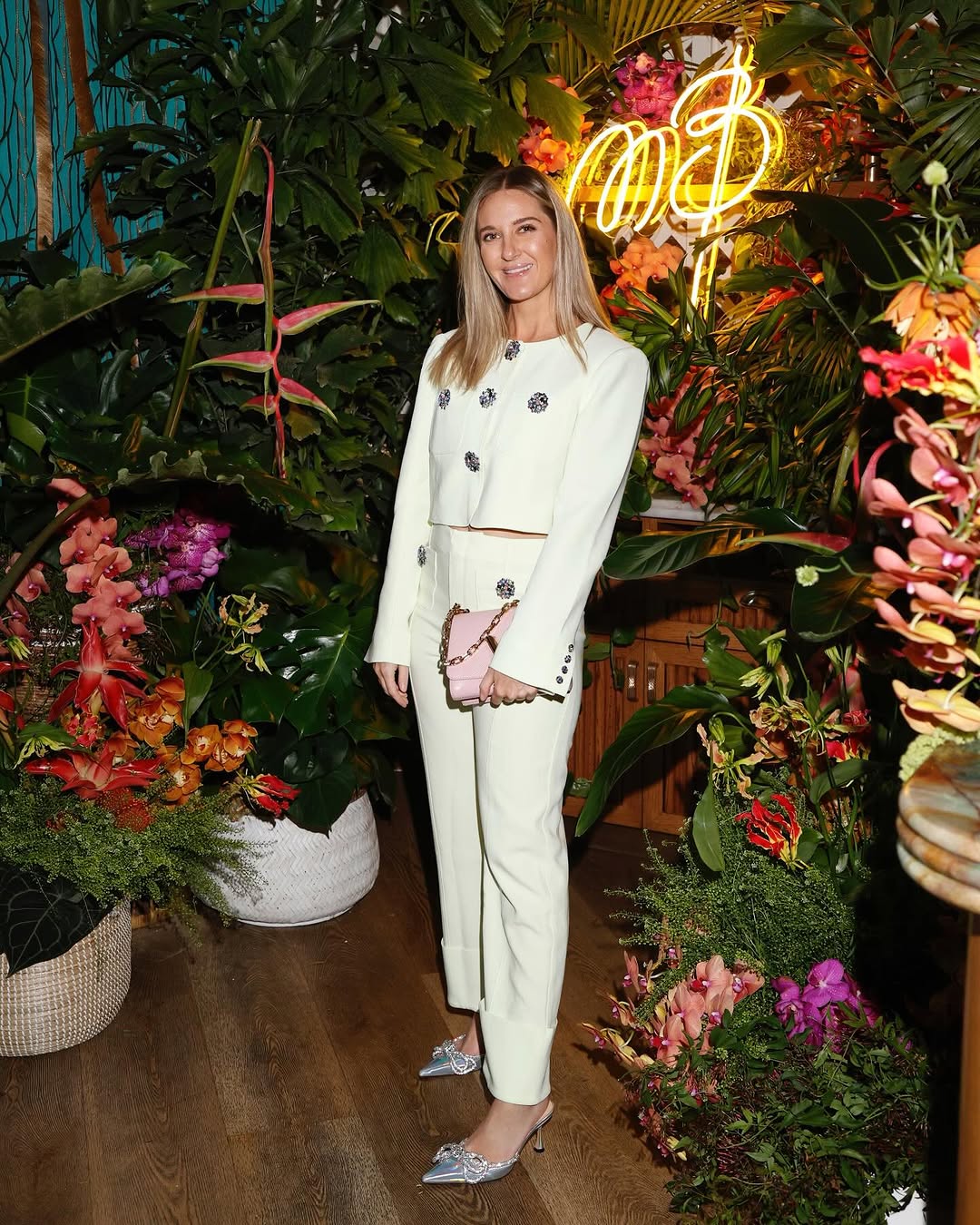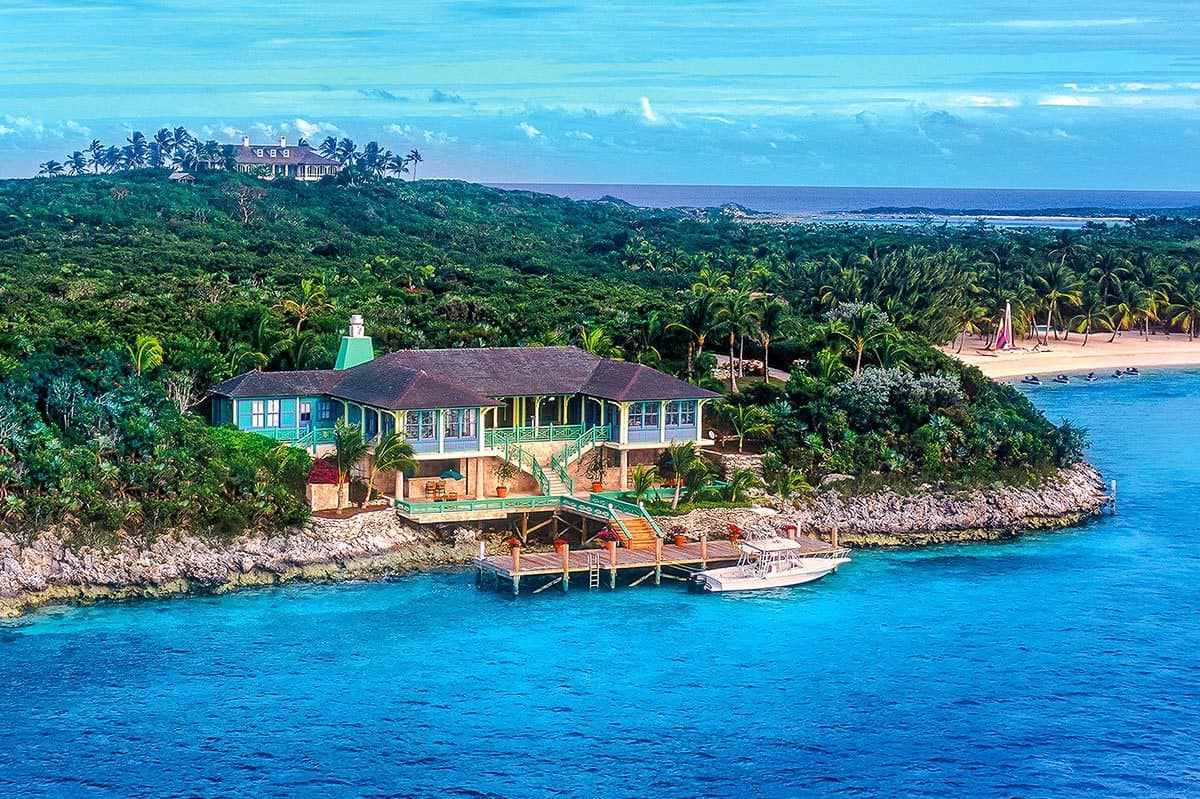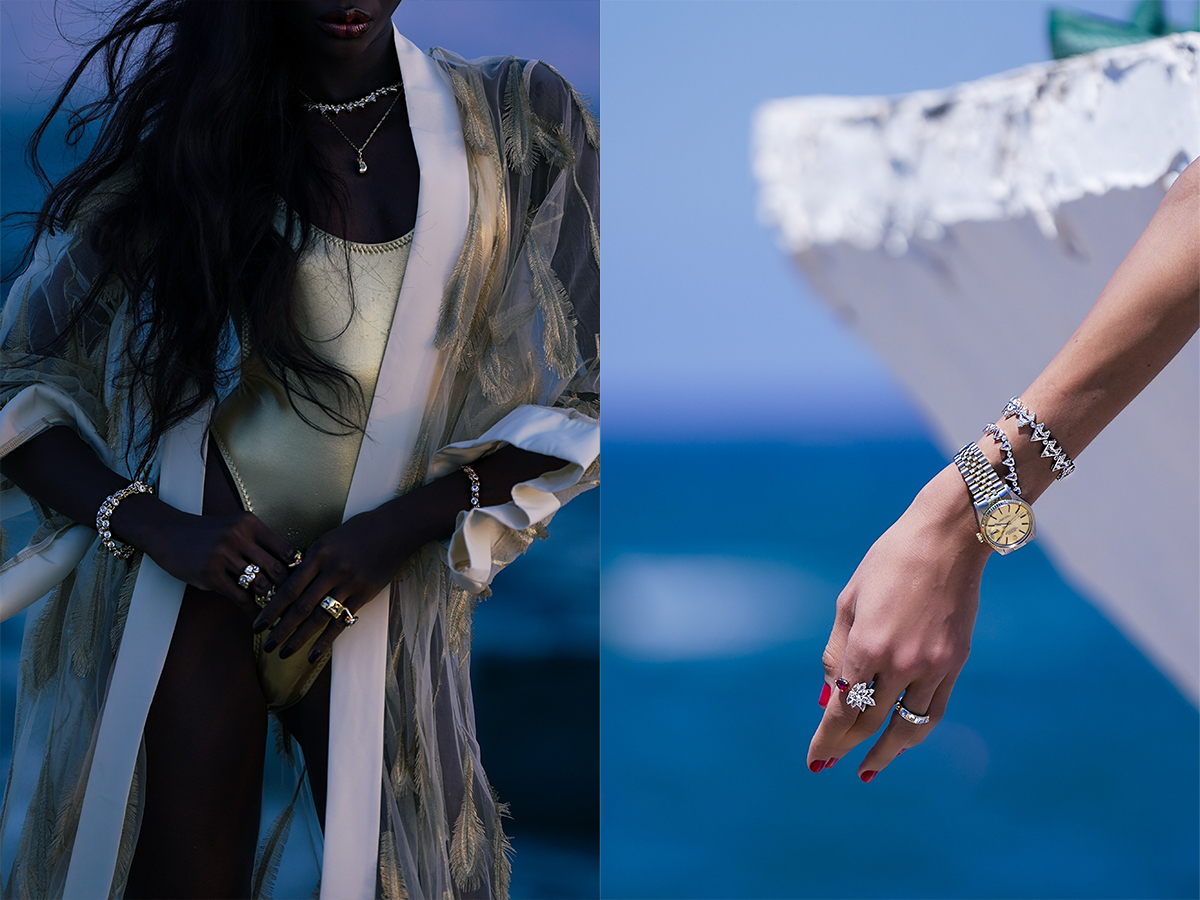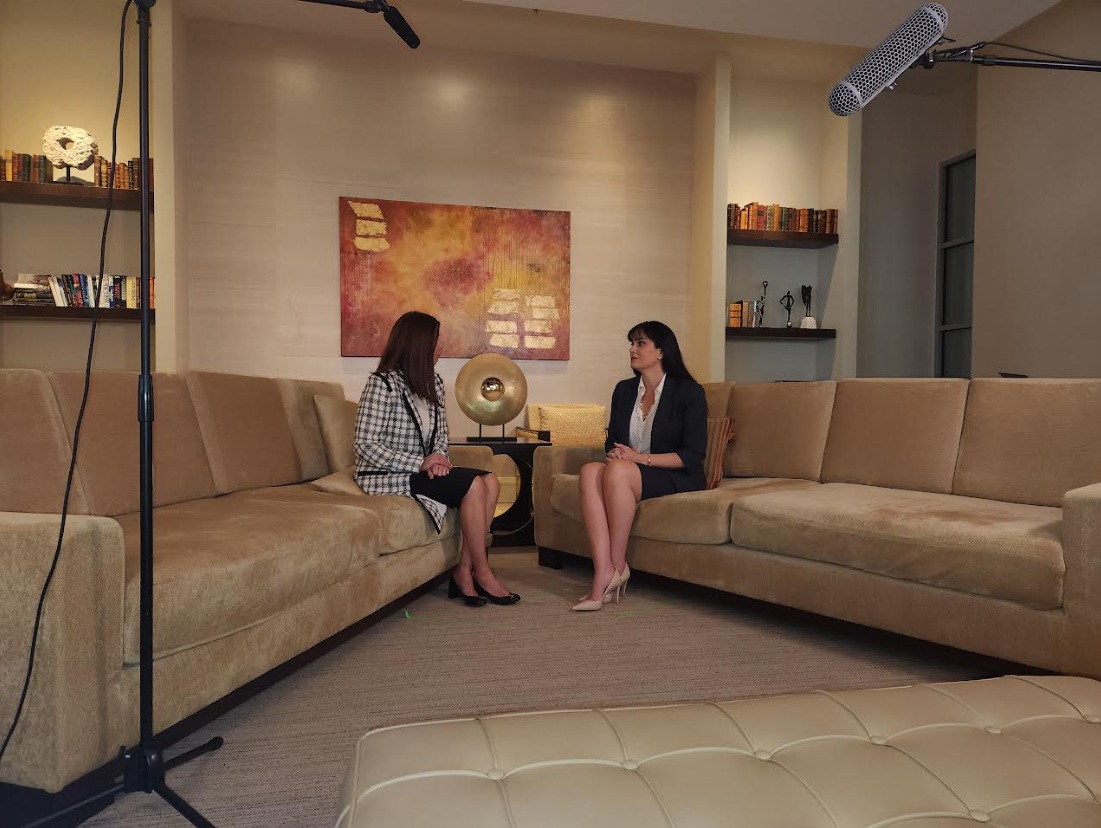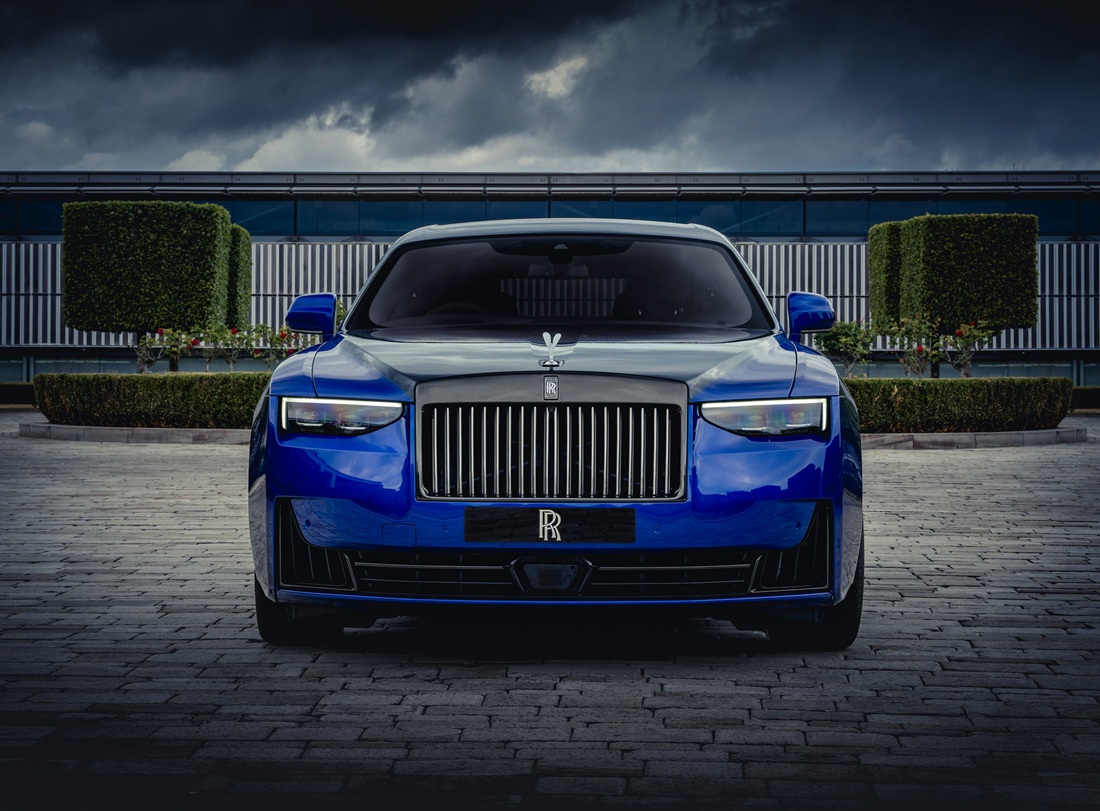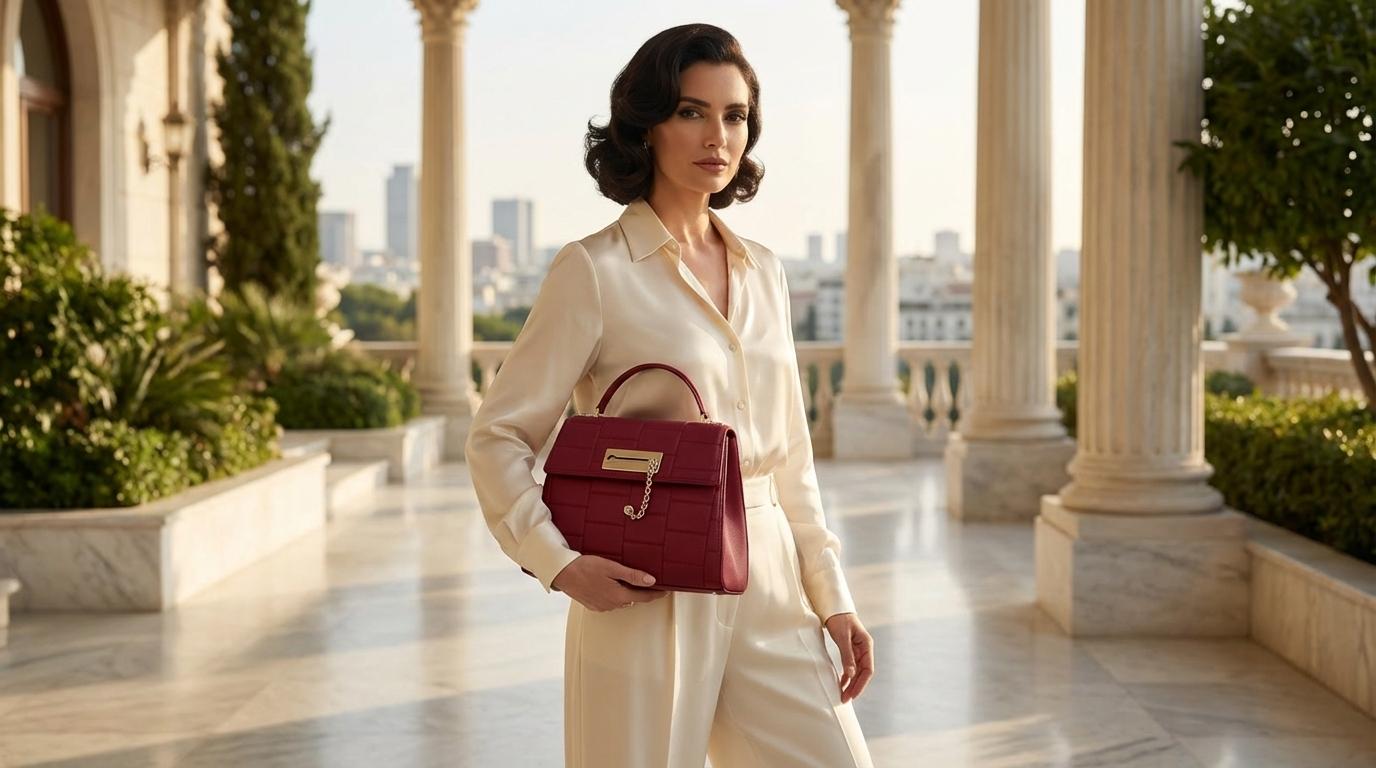The Master of Hospitality: How Will Makris Has Built A Burgeoning Empire In The Industry
Almost everything Will Makris touches turns to gold. For the last 15 years, he has made a real name for himself in the New York hospitality scene, from starting as an assistant manager at famed nightclub Provocateur to opening New York’s latest hot spot, Zero Bond, alongside partner Scott Sartiano. Haute Living sat down with Makris to hear more about how he got his feet wet in the industry, the secrets to his success, and what’s next.
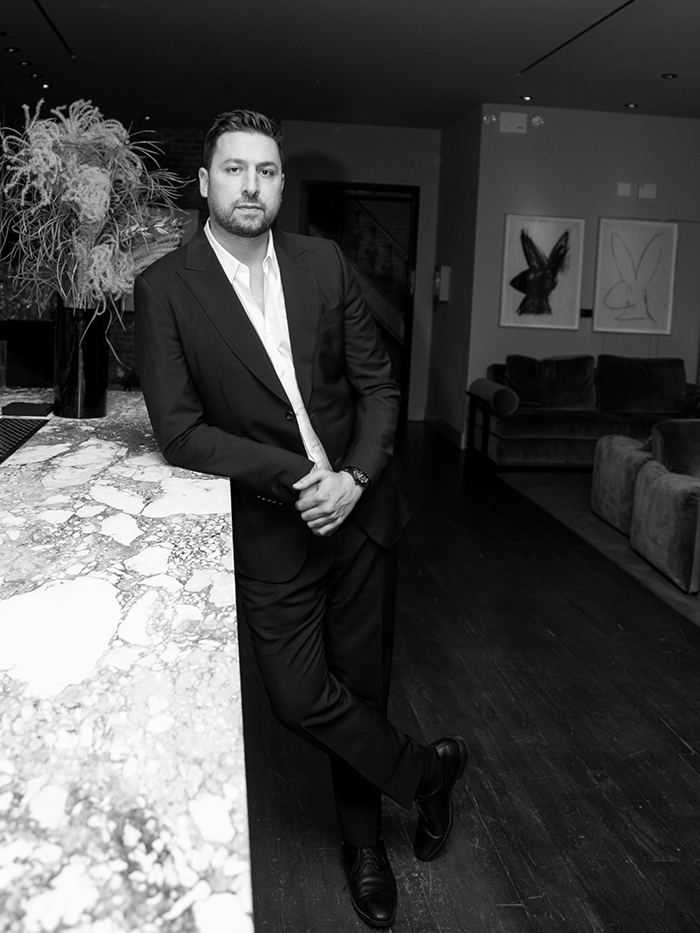 Photo Credit: Elianel Clinton
Photo Credit: Elianel Clinton
CREATIVE & FASHION DIRECTOR ADRIENNE FAUROTE
PHOTOGRAPHY ELIANEL CLINTON
GROOMER PAIGE CAMPBELL
SHOT ON LOCATION AT ZERO BOND
Haute Living: Tell us how you got started. When did it all begin?
Will Makris: Where I’m from, in Long Island, I had tried every job — from driving the Tropicana truck and working for Cablevision to mortgages and stocks. You name it, I tried it. So, about 15 years ago, I started working part-time in New York City. At night, I started promoting at clubs for fun, and that’s when it began. The first club I ever worked at was called Stereo, located 29th Street between 10th and 11th avenues. Also, my best friends at the time were working for Tao Group at their establishments like Marquee, so I would jump between those spots.
HL: Did you have an aha moment when you knew that the nightlife and hospitality industry was for you?
WM: When I was about 20, my best friend and I went into the city one night to meet up with some friends. We ended up getting into this place that we had no business getting into; I tried dancing with Britney Spears, my buddy was hanging out with Jack Osbourne, and [celebrities] like Pharrell were there. We truly had no business being there. As we were taking the train back to Long Island that night, I looked at my friend and said, “I have to get my feet in this business. I have to try and be a part of this. I don’t see anything else I would be so interested in doing.” So that pushed me into really wanting to be in the hospitality and entertainment business.
HL: What spot catapulted your career?
WM: The place that put me on the map was Provocateur. The owners, Michael Satsky and Brian Gefter, gave me a real shot. I started as an assistant manager, where they soon realized the caliber of people I had built relationships with. They were like, “Take the headset out and the suit off; you’re now hosting the owner’s table. You now sit the room.” They gave me free rein to run the room, and it really opened the door for me.
HL: You have been an integral part of opening some of New York’s hottest spots. You are a co-owner for Lola Taverna and Little Prince with Cobi Levy, and more recently you opened Zero Bond with Scott Sartiano. The hospitality industry took a hit in New York during the pandemic and is finally returning better than ever. How did you make it work?
WM: Lola Taverna was actually born out of the pandemic. We opened pre-Covid, and [as things got worse] and when I thought we should close our doors and give up, my partner Cobi Levy came up with this idea to do takeout with portable chairs, using the park across the street. There were days where we would sit 250 people in the park, so it made Lola Taverna one of the places you could go to in the city [safely], and we were able to give all the proceeds to first responders. It was amazing.
Coming out of the pandemic, I definitely think there is a new appreciation for life. There’s a turn in spending as people want to leave their houses, be entertained and explore new places with friends.
HL: Speaking of new places, congratulations on the opening of Zero Bond. As New York’s latest private members club, to what attributes does it owe its immense success?
WM: My partner Scott Sartiano and I have a large network of people. Besides the fact that they intertwine very well, our networks are very large because we have been doing this for a long time. The most important aspect of building something is who you bring into your fold. Anything we open starts with the same people, the same core base, and then we expand from there. Diversity is also a huge thing — especially with everything going on in the world today, with people trying to exclude certain groups. Our networks are so diverse; we cover the full spectrum of everyone, which really helped us gain momentum in what we’re doing and what we are trying to do.
I also happen to have a good streak of opening the best venues in New York for nightlife for the last 12 years. Zero Bond’s crowd is a bit older, more mature and advanced in some ways. There is truly nothing in the country like Zero Bond right now.
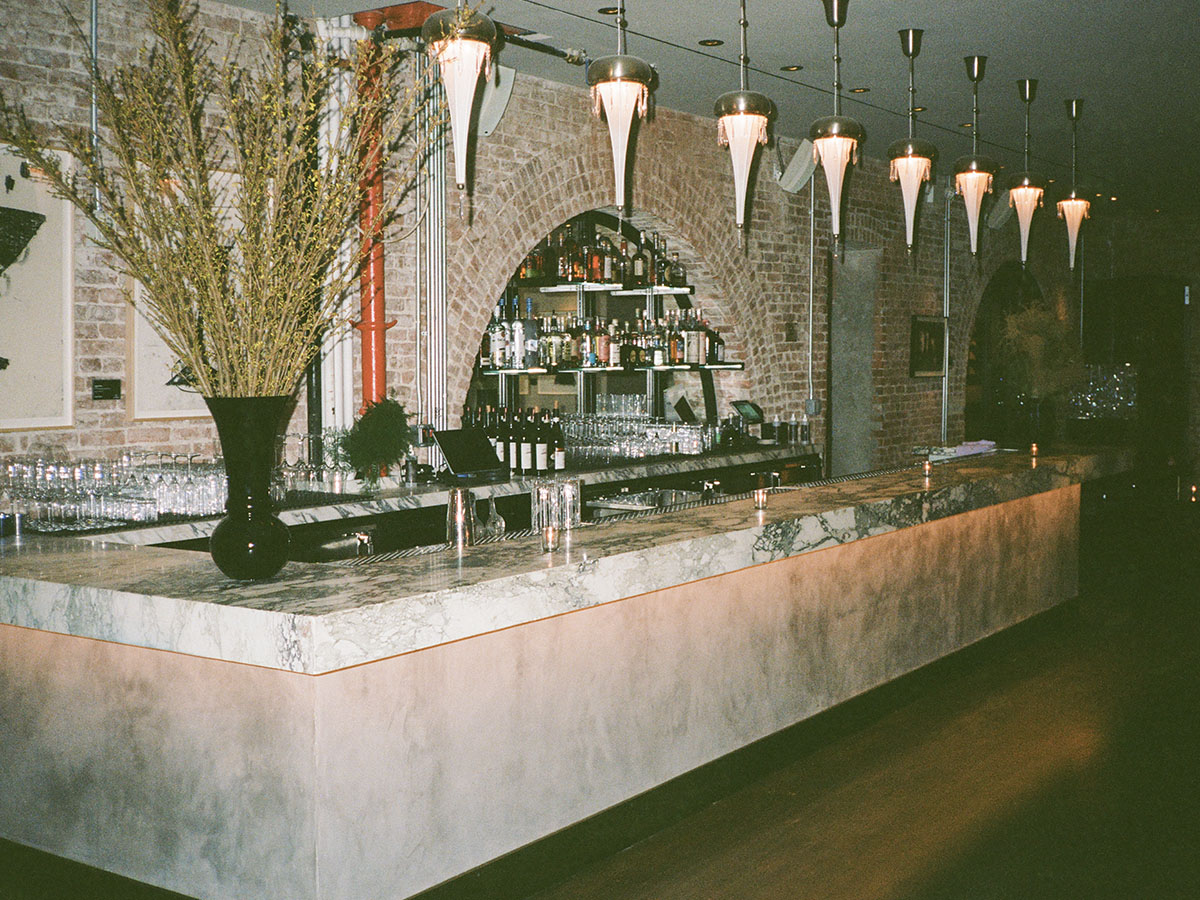
Photo Credit: Elianel Clinton
HL: It’s almost as if you’re growing up with your different establishments. How will you continue to evolve?
WM: Absolutely. You can get stuck in the rut of nightlife; it’s fun, the energy is contagious and there’s great money to be made there, but you can also get stuck. I never wanted to be stuck in one place; I always wanted to evolve and do things like open restaurants, members clubs and eventually hotels. I wanted to build a platform where I can have the opportunity to invest in new industries that I would not have had the opportunity had I not been in hospitality.
I certainly see opening more venues for sure and striving to get better in hospitality. I want to continue to use hospitality as the base structure and then grow businesses from there. I think building and growing as you get older and as you continue to expand is really important.
HL: Will you expand Zero Bond into other cities?
WM: Absolutely. Miami is an extremely important city because of the crossover between New York and Miami throughout the winter. We also definitely want to open in Los Angeles and the Hamptons, and eventually internationally. We first need to prove success in different areas of the United States.
HL: Looking back, what is one piece of advice you wish you could give your younger self?
WM: I would say be yourself. I got caught up to where my friends had to bring me back. The industry can suck you in, and I was losing myself for a bit. The other thing is to take your time; there is no rush to this. If you really put your heart into something and you work hard, [combined with] taking your time and not rushing, that’s when things work better.
Today, I am fighting myself to live in the moment. Every time I complete a project, all I want to do is the next thing, the next deal. I tell myself to live in the moment and realize that 10 or even five years ago, look at where you were and look at where you have come. Living in the moment and making what you’re doing now the best is super important.

Photo Credit: Elianel Clinton

